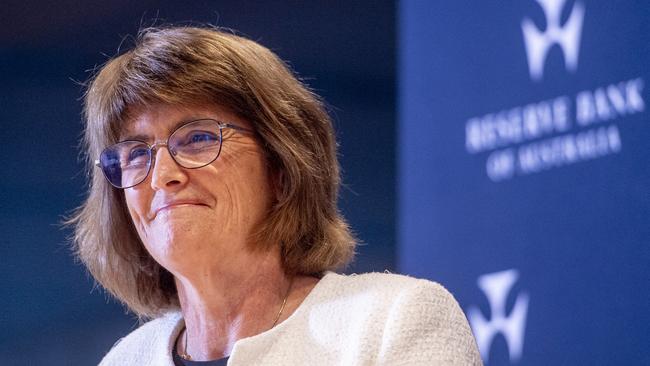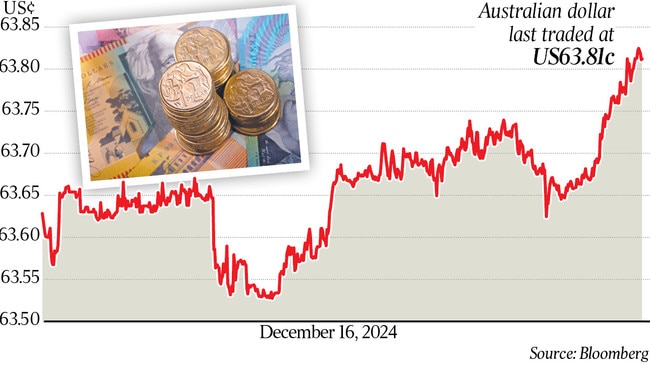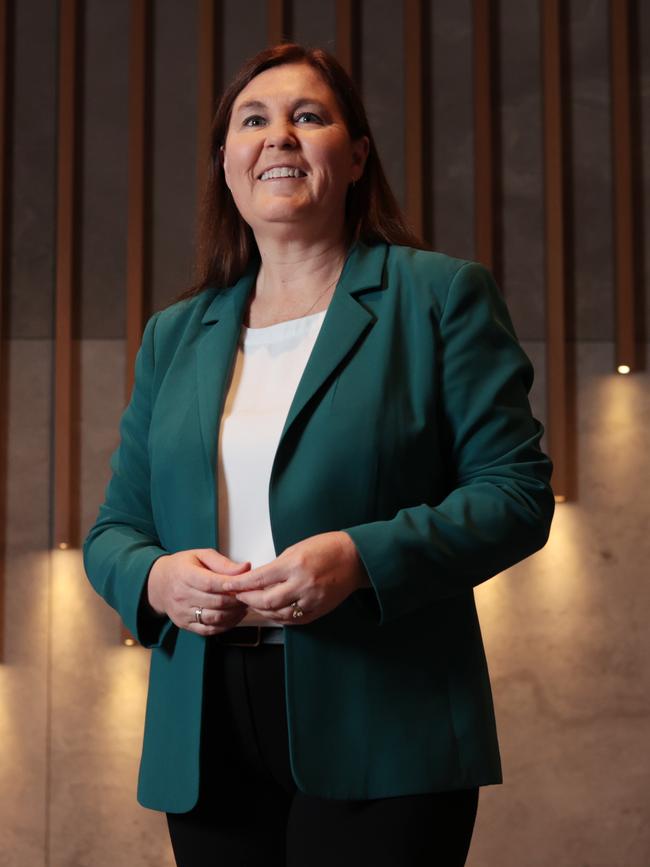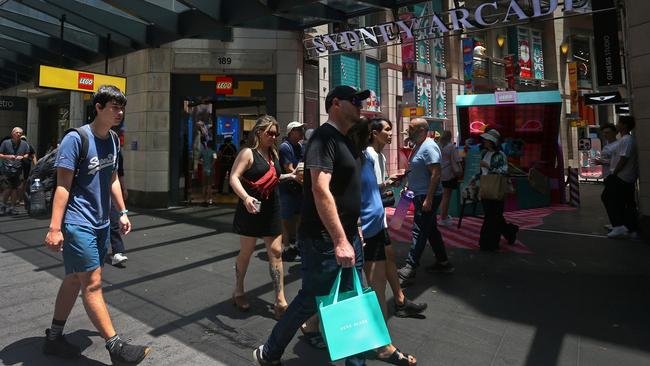
Fears started spreading through markets of a politically stacked central bank board trying to force a cut in interest rates, prompting a precipitous slide in the dollar.
It lost nearly half a cent on concern a future Reserve Bank would be beholden to the political cycle, not the economic cycle. In a world of global capital that’s a strong sell signal.

When it became clear late in the morning that the two new members appointed to the bank’s soon-to-be-launched rate setting board weren’t former politicians and didn’t come from a union-background, the dollar staged a rapid recovery and continued on its way.
After last month getting 11th-hour Senate support for his RBA overhaul, Chalmers passed the first big test by wisely resisting a temptation to fill the board of the nation’s most powerful economic regulator with friends of Labor. The relatively seamless transition, with the bulk of the existing board members moving across, helped calm market nerves.
Now the question is whether the political capital spent and the distraction created for RBA governor Michele Bullock by a major overhaul of the bank will make for better interest rate decisions. In all probability it won’t. At the very least it will create a marginal difference to the future direction of the cash rate.
After more than a year of rates on hold and at the likely peak, market betting has a one-in-two chance the RBA will start cutting interest rates in February. Pricing is more certain of a cut in May in the absence of any inflation shocks, potentially coinciding with the federal election.
However, the Treasurer’s pass on appointments wasn’t with full marks.
The new RBA interest rate-setting board that should start work in March is bewilderingly short of market economics experience. This was an opportunity to put a voice in the room that would give an alternate and plugged-in view of what’s going on with the global economy beyond the RBA’s own economists.

As expected, Chalmers tapped ANU economics professor Renee Fry-McKibbin, who was one of the three panel members leading last year’s independent inquiry into the recommended shake-up of the RBA that’s now unfolding.
The other new appointment to the interest rate board was former Bendigo Bank CEO Marnie Baker, who retired from the regional lender in recent months. She brings finance and a much-needed banking perspective. The duo were appointed to the RBA for the standard five-year terms.
They will join on the new monetary board former Fair Work Australia president Iain Ross, former Productivity Commission boss Ian Harper, former investment banker Carolyn Hewson, Treasury secretary Steven Kennedy and the RBA representatives – governor Michele Bullock and deputy Andrew Hauser. Former Coca-Cola boss Alison Watkins also moves across to the new monetary board. Her current term at the RBA is due to expire this time next year, making it possible there could be another new name added to the roster.
Bullock will work through with the new board members whether to attribute votes on interest rate decisions or identify contributions to board meetings in the RBA minutes. This would be a first for Australia.
This has all come about from the signature recommendations of the Chalmers-commissioned review that included splitting the RBA board into two. This is similar to how the Bank of England operates.

One board will be responsible for making decisions on monetary policy and payments while a new governance board will oversee the machinery of the Reserve Bank, including its technology, staffing, risk management and strategy.
Two existing RBA board members, Elana Rubin and Carol Schwartz, will move to the new governance board, as will new appointees former Telstra boss David Thodey, corporate lawyer Danny Gilbert, former BCA boss Jennifer Westacott and board director Swati Dave.
Chalmers says the RBA now has “the right combination of people to make the best, most considered decisions about monetary policy and the operation of the Reserve Bank in the future”.
The dollar’s short tantrum should be enough of a reminder to the Treasurer that even the perception of interference on the central bank can have serious market implications.
Now the Treasurer has pushed through the biggest changes to the RBA since the 1990s, he needs to leave the central bank alone.




To show just how much was at stake with Jim Chalmers’ centrepiece overhaul of the Reserve Bank, the Aussie dollar went into a spin leading up to the Treasurer’s call.